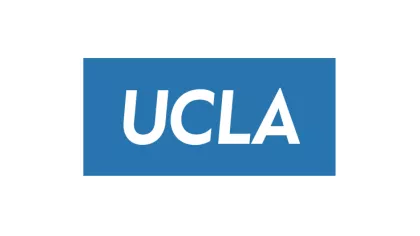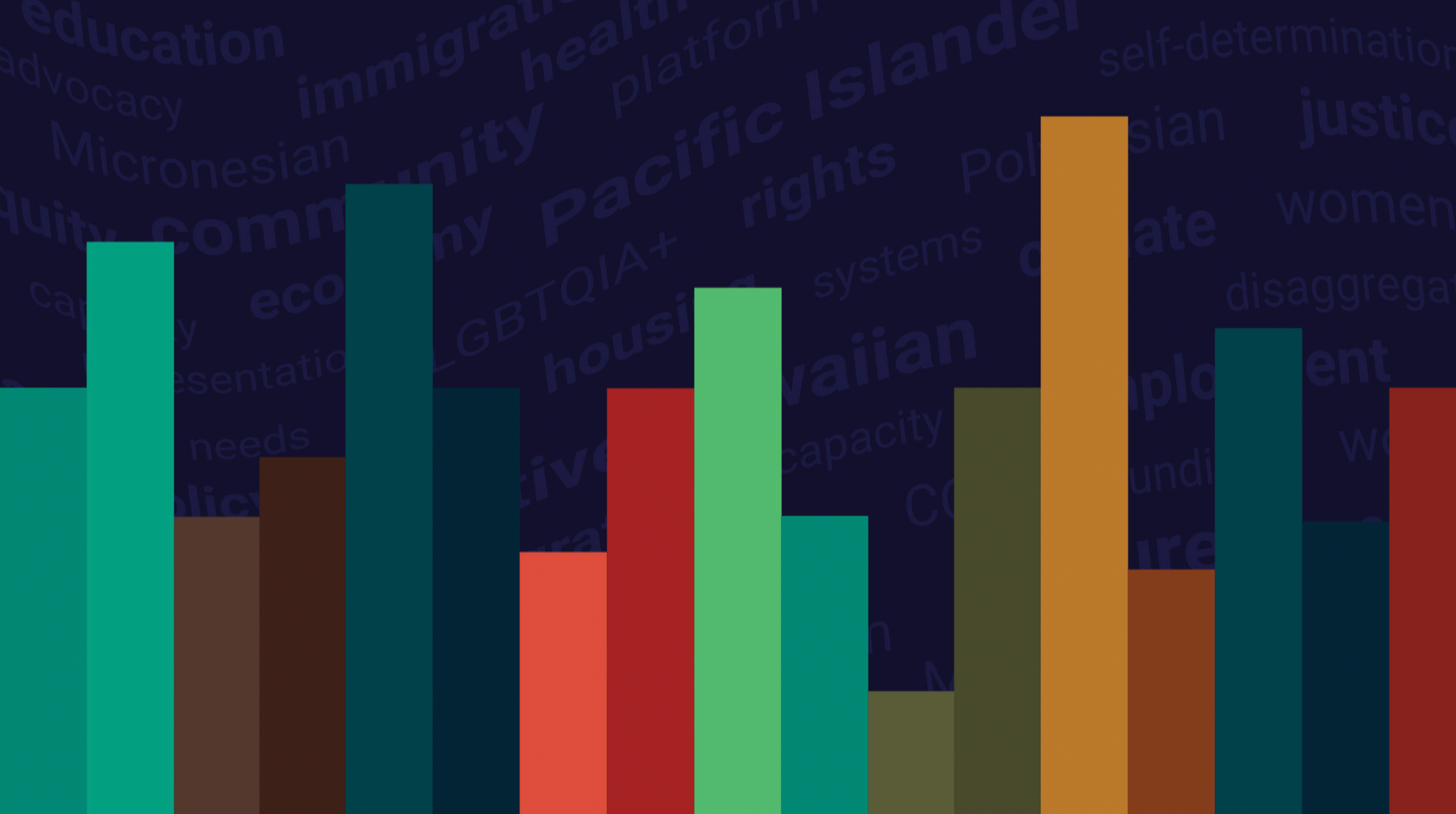Policy Research Report
Native Hawaiian and Pacific Islander Data Policy Platform: No Equity Without Data Equity
Summary: The Native Hawaiian and Pacific Islander (NHPI) Data Policy Platform is a resource for change agents, policymakers, community activists, and data-driven institutions seeking to improve their data processes to better address NHPI needs and develop more fruitful relationships with NHPI communities. Developed by the NHPI Data Policy Lab at the UCLA Center for Health Policy Research, this platform details the harm created by data systems that inadequately reflect NHPI communities’ challenges and strengths while proposing a framework and specific recommendations for improving data systems for NHPIs. The platform reflects input and feedback provided by more than 135 NHPI community leaders across multiple states.
NHPI data needs are present throughout the data life cycle, which the platform divides into four pillars:
- Data Collection
- Data Analysis
- Data Use, and
- Data Access
Disaggregated NHPI data historically either have failed to have been collected, have had insufficient NHPI data collected to allow for meaningful analysis, or have been inaccessible to NHPI communities. This platform recommends a data equity framework centered on addressing these issues through meaningful inclusion of NHPI communities throughout the development and implementation of data processes and using partnerships to build the NHPI community’s self-sufficiency and capacity to work with data.
NHPI leaders expressed the need to develop processes that encourage and incentivize building community capacity and applying community-centered principles across all four pillars. Prominent recommendations for these two cross-cutting recommendation categories include lasting, sustainable investment in NHPI communities to strengthen data literacy, analytical expertise, and community-friendly data reporting.
NHPI community leaders identified numerous high-priority issue areas negatively impacted by a lack of quality NHPI data. These priority areas include
- Civic Engagement
- Criminal Justice Reform
- Climate Justice
- Community Capacity
- Economic Justice and Housing
- Education
- Health
- Immigration, and
- Women’s Rights
NHPI community organizations addressing these issues are frequently hampered by the lack of NHPI data, placing them at a disadvantage when advocating for resources from data-driven funders, agencies, and decision-makers. Improving data systems and data accessibility would allow NHPI organizations to improve their ability to advocate for systems change, resources, and culturally and linguistically relevant programs. Improved data would also help identify systemic barriers in each of these areas and evaluate the impact of interventions for NHPI communities.
Specific recommendations are provided for government agencies, policymakers, and data-driven institutions to help guide implementation of the proposed framework and broader recommendations. Common themes across these recommendations include establishing values-driven relationships and community partnerships, increasing investment in NHPI communities’ capacity to work with data, and implementing data standardization and linkage protocols to maximize the value of data.
Read the Publication:






